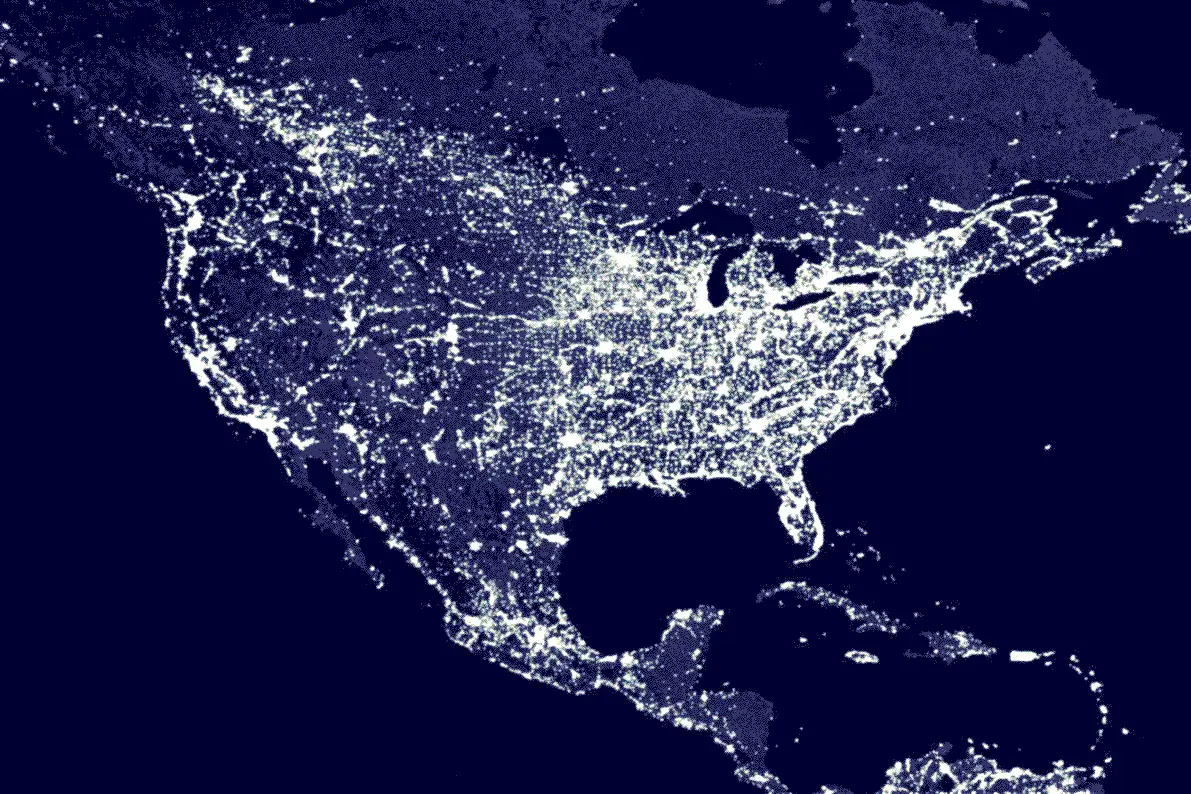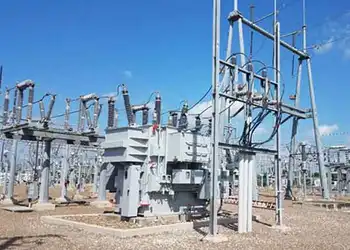Calif. regulators reject key electric rate plan
- California regulators voted Tuesday against a proposed electric rate agreement that was to fund a $12.5 billion state bond aimed at paying off some of the state's emergency power purchases. The plan was defeated in a 4-1 vote by the California Public Utilities Commission (CPUC) at their meeting here amid concerns the plan was too costly and would surrender the commission's authority to regulate power prices.
It was not yet clear which steps will be taken next in the state's efforts to package and sell the record $12.5 billion bond.
The four commissioners voting against the rate plan all cited Senate Bill 18XX, authored by state Senate Leader John Burton, a San Francisco Democrat, as a more flexible and less costly way to refund the state for emergency power purchases made over the past year.
Burton's bill -- favored by the CPUC majority -- passed the legislature, but Gov. Gray Davis has vowed to veto it.
Unlike the rate agreement defeated today, Burton's bill would separate bond payments from the state's payments on the power contracts. This could open the way for another look at the contract prices previously negotiated.
Commissioner Richard Bilas said the proposed rate agreement would have threatened the "fiscal integrity of the state" by tying the state to $43 billion in the long-term power contracts that the majority of commissioners said are too expensive.
State Treasurer Phil Angelides warned last week that the state could face a $9.3 billion budget deficit in the 2002-2003 fiscal year if the bonds are not sold before July 2002.
Steve Fetter, a managing director at the Fitch credit rating firm, said the CPUC vote showed a hesitation among commissioners to cede their authority over setting utility rates.
"I think the commissioners have a hesitation to cede all their authority," Fetter said.
"It is anathema to a regulator to cut themselves out of the process. Their view is they have a public responsibility and they are very reluctant to sign away that obligation."
He added the rate agreement plan would have taken away that responsibility and structure.
The agreement would have allowed the state's Department of Water Resources to decide the "reasonableness" of power rates, traditionally a CPUC responsibility.
Commissioner Henry Duque said this would "set a dangerous precedent" and lead to the "dismantling of the CPUC."
"The Department of Water Resources was not meant to be bloated power bureaucracy" and the rate agreement would do this, said Bilas.
Jeff Brown, the lone commissioner voting for the agreement, said the water agency must have a steady revenue stream to pay for the bonds and the power contracts and the rate agreement would accomplish this.
"If the agreement is rejected, it will be impossible to sell the bonds now and if we defer too long, we will pass up the ability to get into the credit market as a favorable time," he said.
Investors will lose confidence in the state, he added.
The water agency stepped in earlier this year to buy power on behalf of the state's financially troubled utilities -- PG&E Corp.'s Pacific Gas & Electric unit and Edison International's Southern California Edison.
The rate agreement is needed to enable the water agency to collect revenue from monthly utility bills so the state can issue the bonds, originally targeted for last May, to recoup billions of dollars drained from the state treasury to buy emergency power.
David Hitchcock, a director at Standard & Poor's, said the decision bodes ill for the state's fiscal stability in light of Davis' vow to veto Burton's bill.
Hitchcock said the state has enough money to get through the current fiscal year, but would run into serious problems in fiscal 2003 when it could face a $9.3 billion budget deficit.
"It seems like they are in a stalemate," Hitchcock said. "It doesn't look good for fiscal responsibility."
Added delay in the bond sale also was not good news for the state's credit rating, which has been downgraded due to the energy crisis and remains on a negative outlook.
Related News

Military Is Ramping Up Preparation For Major U.S. Power Grid Hack
WASHINGTON - The U.S. Department of Defense is growing increasingly concerned about hackers taking down our power grid and crippling the nation, which is why the Pentagon has created a $77-million security plan that it hopes will be up and running by 2020.
The U.S. power grid is threatened every few days. While these physical and cyber attacks have never led to wide-scale outages, attacks are getting more sophisticated. According to a 494-page report released by the Department of Energy in January, the nation’s grid “faces imminent danger from cyber attacks.” Such a major, sweeping attack could threaten “U.S. lifeline networks,…




